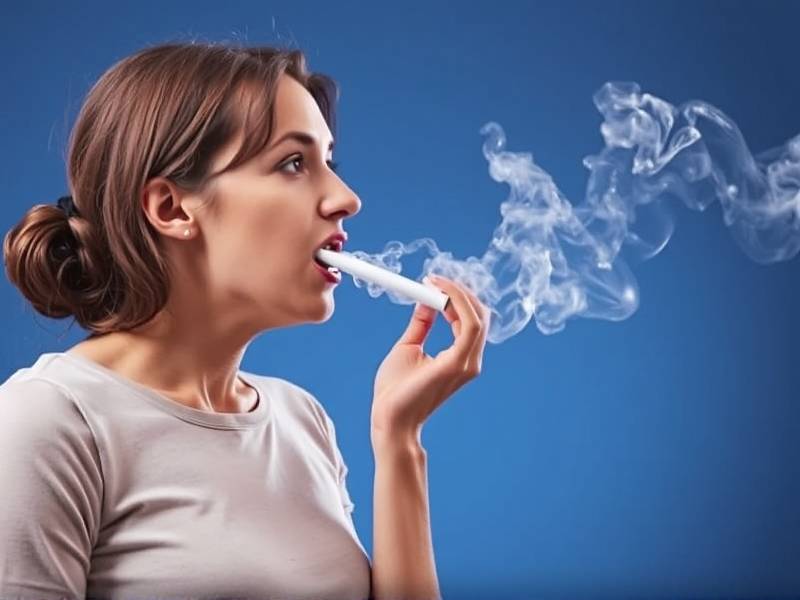How Long Will I Have Phlegm After Quitting Smoking?
How Long Will I Have Phlegm After Quitting Smoking?
Introduction: Quitting smoking is a significant decision that can lead to numerous health benefits. One common concern among smokers who are considering quitting is the duration of the post-quit phlegm. This article aims to provide insights into how long you might experience phlegm after quitting smoking, along with tips on managing it effectively.
Understanding Post-Quit Phlegm:

-
What causes post-quit phlegm? When you quit smoking, your body begins to heal and remove the accumulated toxins from your respiratory system. This process often results in increased mucus production, leading to a higher amount of phlegm.
-
Why does it take time for the body to heal? The healing process can vary from person to person, but generally, it takes several weeks or months for the lungs to fully recover from smoking damage. During this time, you may experience increased phlegm production as your body works to clear out the accumulated tar and other harmful substances.
How Long Will I Have Phlegm After Quitting Smoking?
-
The initial phase: In the first few weeks after quitting smoking, you may notice a significant increase in mucus production. This phase can last anywhere from 2 to 4 weeks.
-
The transitional phase: After the initial phase, you may still experience some amount of phlegm for an additional 2 to 3 months. This is because your body continues to heal and adjust to the absence of tobacco smoke.
-
The long-term recovery: Over time, as your lungs continue to heal, you may notice a gradual decrease in phlegm production. However, some individuals may still experience occasional episodes of increased mucus even after several months or years of quitting.
Tips for Managing Post-Quit Phlegm:

-
Stay hydrated: Drinking plenty of water helps thin out mucus and makes it easier for your body to expel it.
-
Use steam inhalation: Breathing in steam can help loosen and clear mucus from your respiratory system.
-
Gargle with warm saltwater: Gargling with warm saltwater can help soothe your throat and reduce inflammation caused by post-quit phlegm.
-
Exercise regularly: Regular physical activity can improve lung function and promote better respiratory health.
-
Avoid irritants: Minimize exposure to irritants such as dust, pollen, and smoke, as they can exacerbate post-quit phlegm symptoms.
Conclusion: While experiencing increased phlegm after quitting smoking is a common concern, it is a temporary phase that signifies your body's healing process. By following these tips and staying patient during this transitional period, you can effectively manage post-quit phlegm and continue on your journey towards better health. Remember that quitting smoking is a significant step towards improving your overall well-being, and with time and dedication, you will see positive results in both your respiratory health and overall quality of life.
